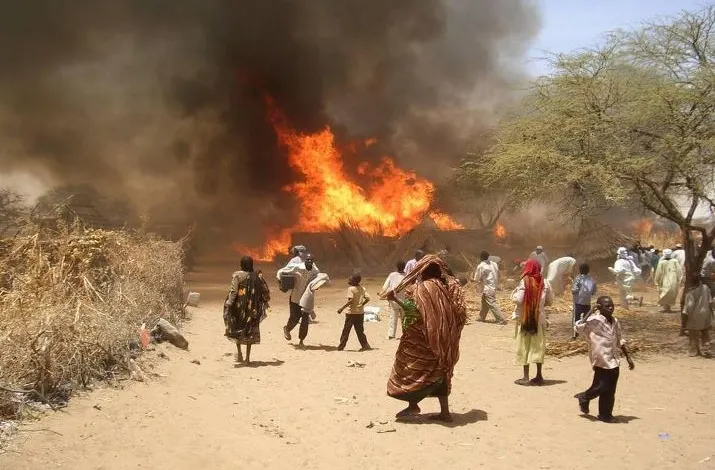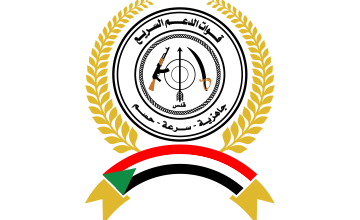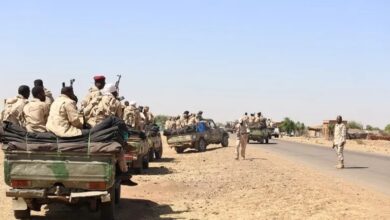(37) people die of hunger in South Kordofan and Blue Nile states

Sudan People’s Liberation Movement–North (SPLM-N) announced the death of (37) people as a result of hunger in the areas under its control in South Kordofan and Blue Nile states.
On the 14th of August, the civil authority of Sudan People’s Liberation Movement-North announced a state of famine in the Nuba Mountains and New Funj regions, threatening a serious humanitarian crisis that affects the lives of millions of citizens.
The leader in (SPLM-N) and head of the Information Committee of the National Liberation Council, Gatega Amojo Dilman, told “Darfur 24” that the humanitarian conditions in the areas controlled by the Movement have reached catastrophic levels.
He pointed out that more than (20%) of families face issues of severe food shortages, while the number of children suffering from acute malnutrition exceeded (31%).
He added: “The United Nations teams visited the liberated areas at the end of last June to assess the situation, and confirmed the existence of a state of famine.” However, the United Nations agencies’ responses lack speed.
He went on to explain that reports indicate that authorities in Port Sudan didn’t grant the United Nations team permission to visit the Nuba Mountains until (15) months after the beginning of the humanitarian crisis, which increases concerns about the government using food as leverage against civilians.
Dilman predicted that during the next two months, some areas under the control of the (SPLM-N) wouldn’t be able to receive aid, even though UN agencies have the capacity to conduct air drops of food supplies.
He revealed that they had monitored the air drops carried out by the Army in the city of Kadugli, capital of South Kordofan state, as these operations weren’t directed at providing relief to the population, but were rather to provide ammunition and weapons, which prompted the exacerbation of conflict in the region.
He added: “The military commander issued orders to launch military operations immediately, despite the difficult humanitarian conditions that the citizens of Kadugli and Dilling are suffering from.”





